The north-east businessman who leads the board of the UK’s largest network of petrol stations has insisted retailers are not to blame for soaring prices at the pump.
Alasdair Locke – one of Scotland’s wealthiest entrepreneurs – said forecourt operators struggle to make a profit on the petrol and diesel they sell, due to rising wholesale costs.
One of the common complaints that irks the 68-year-old chairman of Hertfordshire-absed Motor Fuel Group (MFG) is that petrol stations did not slash prices immediately after Chancellor Rishi Sunak announced a temporary 5p per litre cut to fuel duty in March.
MFG – boasting 927 petrol stations from Inverness to the south of Cornwall – did pass on the cut but it was swiftly offset by a further rise in wholesale prices, Mr Locke said.
The company ended up selling fuel it had purchased at pre-Budget duty rates at a price that reflected the cut – meaning it “subsidised” customers for days after the announcement, he added.
Another point that is often misunderstood by consumers is the link between oil prices and the cost of filling up their vehicles, Mr Locke said, adding: “It is the wholesale costs that matter here. We are not buying unrefined crude.”
Factors affecting wholesale prices include higher costs at the refineries as a result of the crisis in Ukraine and the ongoing disruption being caused to global oil supplies, he said.
Mr Locke has a minority stake in MFG, whose petrol stations operate under brands including BP, Shell, Texaco and Jet.
Its north and north-east petrol stations include six sites in Aberdeen, and one each in Ellon, Stonehaven, Inverness and Fort William
MFG passed on the chancellor’s duty cut “because we thought it was the right thing to do”, the firm’s multimillionaire chairman said.
But he added: “We pay the rate when we buy the fuel from the wholesaler. We were selling fuel for days that we paid full cost for, meaning we subsidised customers by around £2m.
“Also, the wholesale cost of diesel increased by 4.14p on the same day the cut in duty was announced.”
Retailers have absorbed some of the steep increases to wholesale prices amid a severe squeeze on profit margins, meaning customers are spared even higher prices, he said.
“We want to keep prices down as much as anybody else,” he added.
Another key factor in the rising pump prices is the weakness of the pound against the dollar.
Sterling has slumped against the US currency, with the pound currently worth just $1.25 – down about 11% from a year ago.
Oil is traded in dollars, so UK wholesalers end up paying more when Britain’s currency falls in value.
Mr Locke said sterling’s current weakness accounted for about 14p per litre of fuel sold.
The UK Government’s total tax take on fuel is now more than it was before the Spring Budget, because higher wholesale prices mean the VAT going to the Treasury has also increased, he said.
If the chancellor really wants to make an impact at the pumps, it would be better to slash VAT on fuel, he added.
Mr Locke, who runs a sheep farm at Dufftown in Moray, was once executive chairman of Aberdeen-based Abbot Group – now drilling giant KCA Deutag.
He collected nearly £120m from a deal to take Abbot Group private.
In 2017 he boosted his fortune through the £142.5m sale of financial services company Argenta. He owned 45% of the business.
The entrepreneur is one of the co-founders of oil and gas decommissioning firm Well-Safe Solutions.
He teamed up with two fellow energy industry stalwarts – Mark Patterson and Paul Warwick – to launch Aberdeen-based Well-Safe, where Mr Locke is chairman, in 2017.
Mr Locke has won a raft of business awards during a career which started in investment banking at Citigroup in 1974, where he specialised in shipping and oil.
Current roles include his chairmanship of London-based commercial property fund manager First Property Group.
He is also a former chairman of London-listed energy firm Hardy, formerly Hardy Oil and Gas.
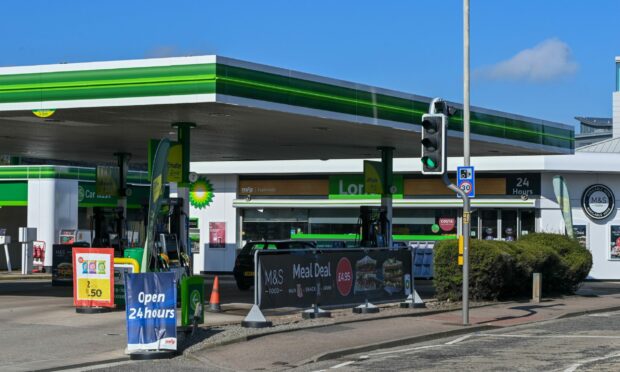
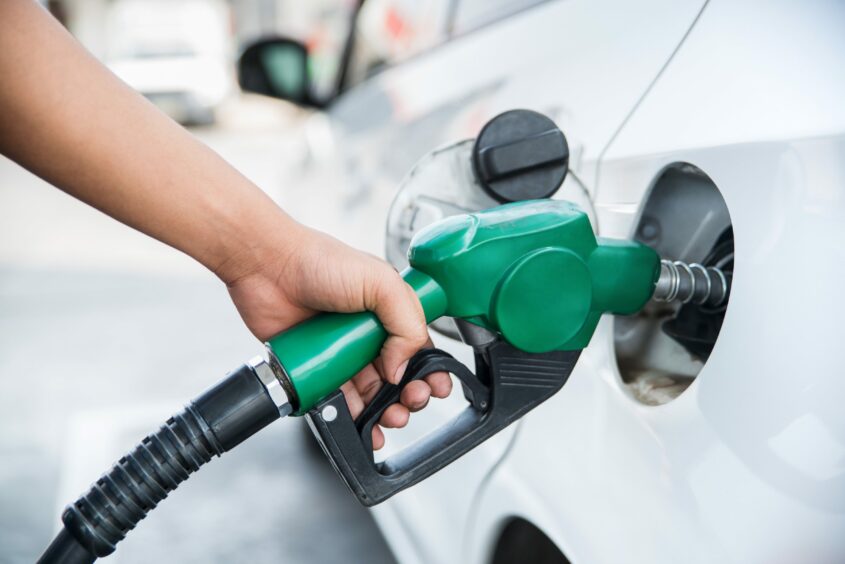
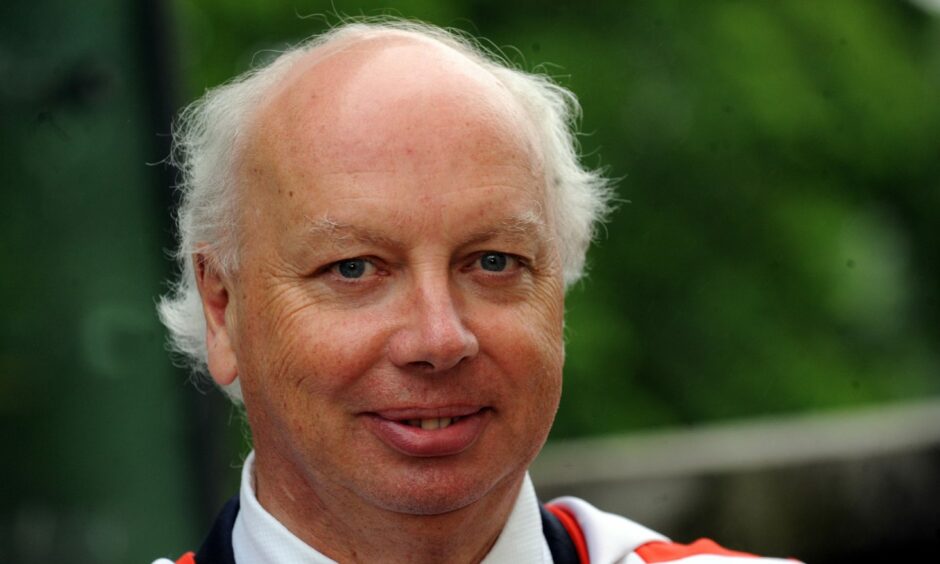
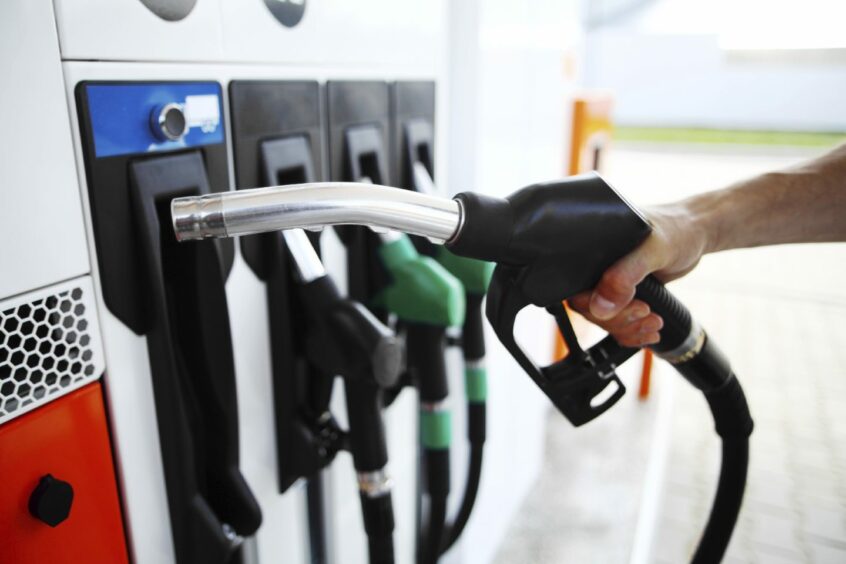
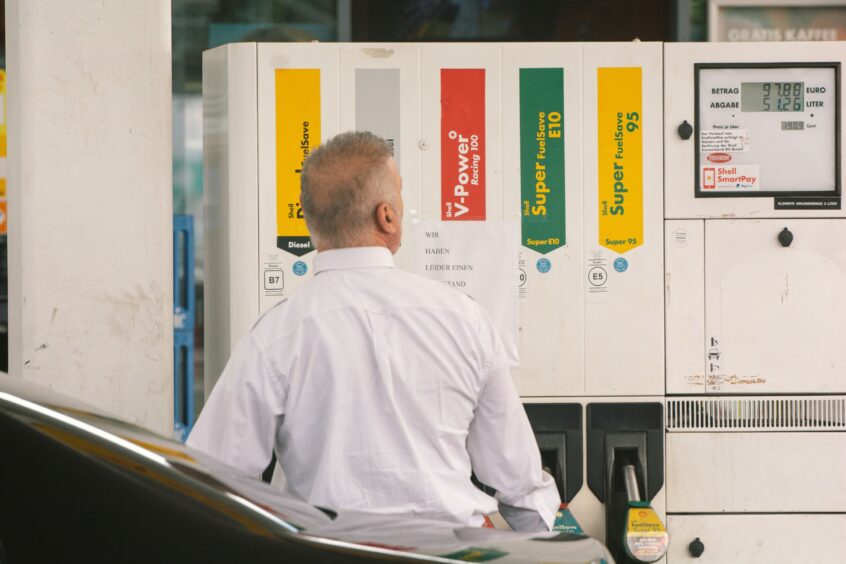
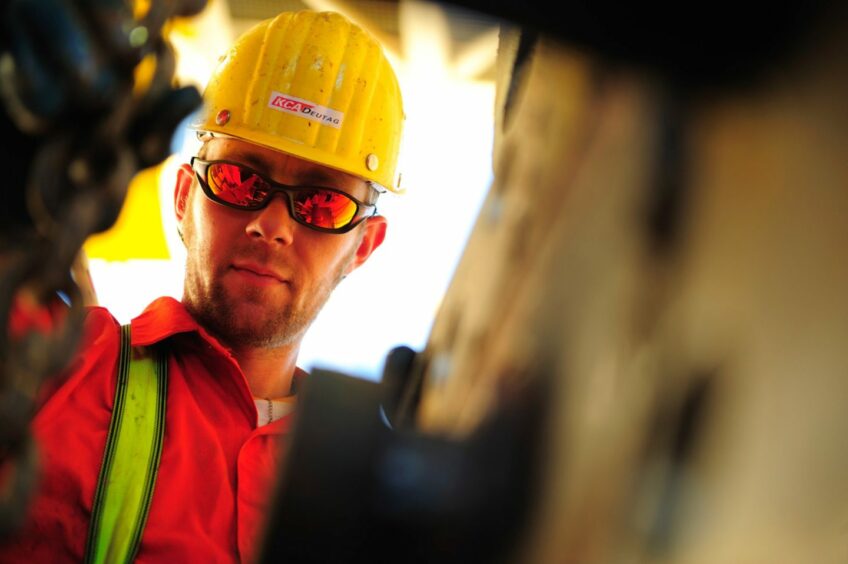
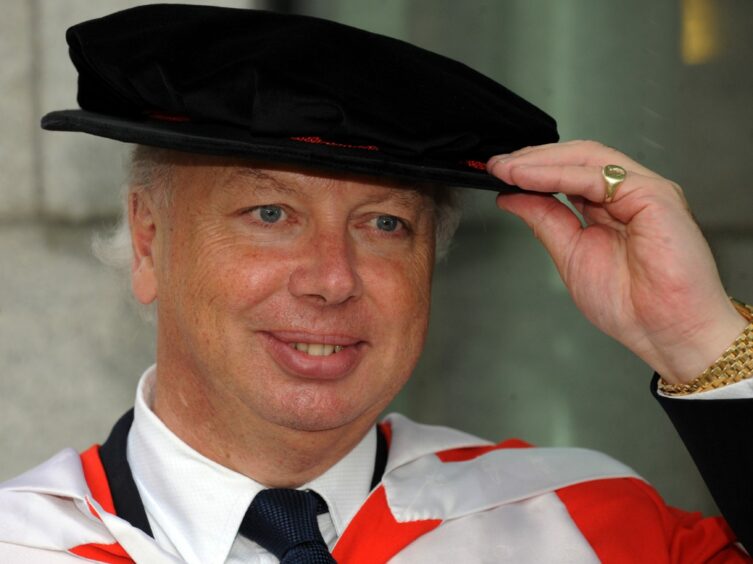
Conversation